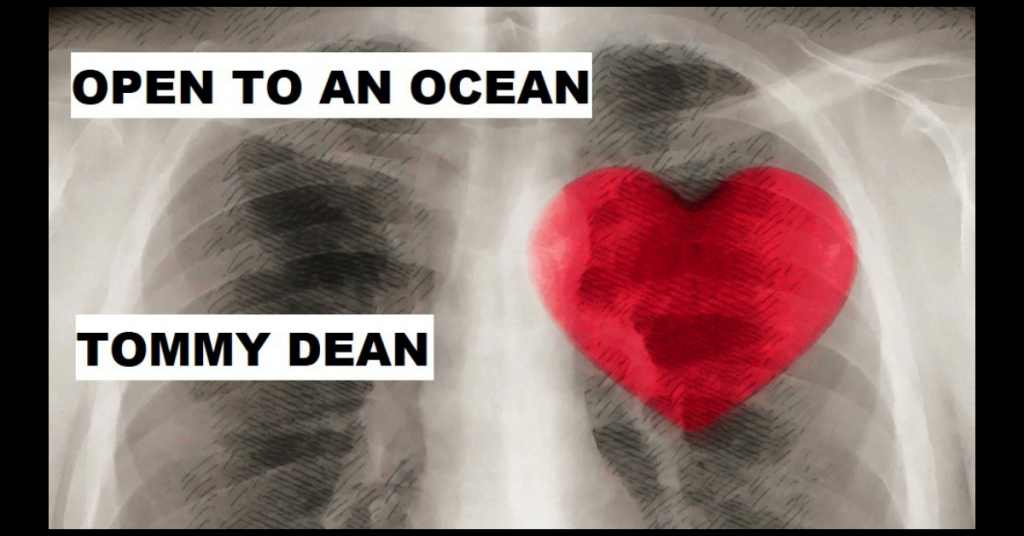
OPEN TO AN OCEAN by Tommy Dean
He circles the fountain like an animal pushed out of his habitat. The heat smothers his body. It’s the tenth day above ninety, and still they—the powerful men he imagines sitting in a tall building chewing on ice and swiveling in office chairs whose leather seats cool these men’s backs as they laugh at the little boys like him—won’t open up the water tower reserves. He flaps his hands at the sun, but it trains its unforgiving eye on his narrow shoulders. He’s heard about invisible rays, but today they punch and slap, making his skin as tight as the…
